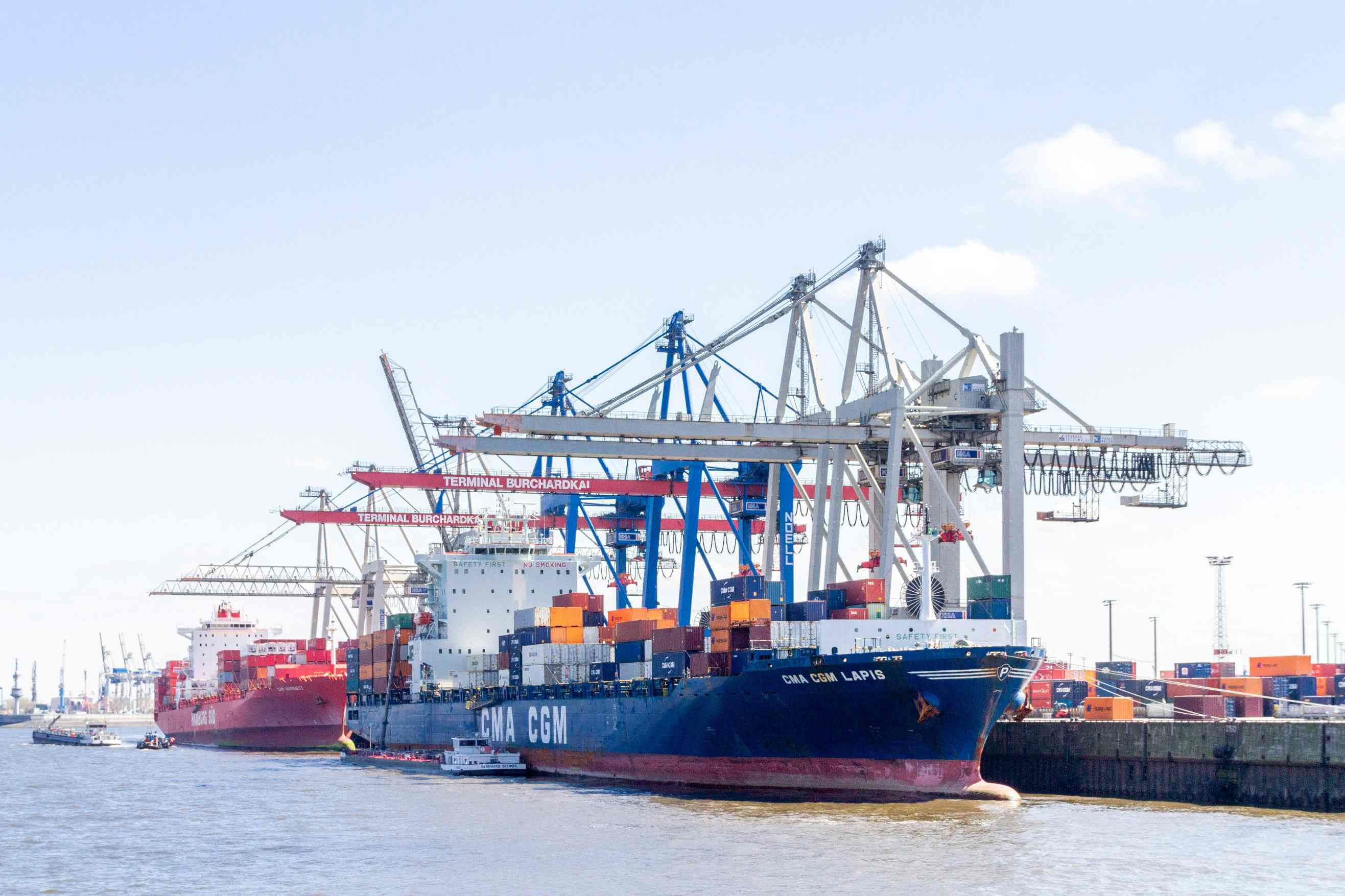NAFTA renegotiation is about to begin
U.S. Trade Representative Lighthizer announced the news last month. Lighthizer has officially notified the US Congress on May 18 of the intention to re-negotiate the North American Free Trade Agreement, and began a 90-day domestic consultation process in the United States. When the consultation process ends, formal negotiations will begin immediately. John Mayer, assistant trade representative for the Western Hemisphere, will serve as chief negotiator for the United States.
The North American Free Trade Agreement came into effect in 1994, and it has been 23 years. Since the entry into force of the agreement, the trade volume of the United States, Canada, and Mexico has tripled, driven by the North American Free Trade Agreement. At the same time, the U.S. trade deficit with Canada and Mexico is quietly widening. Among them, the United States traded goods with Mexico from a small surplus of about 1.3 billion US dollars to a deficit of 64 billion US dollars last year. The U.S. trade deficit with Canada also widened significantly, reaching nearly $ 11 billion last year. The US government believes that Canada has increased market access barriers to dairy products, wine, cereals, and other products each year, which cannot be solved by the current North American Free Trade Agreement alone. Trump has repeatedly criticized the North American Free Trade Agreement for the loss of US manufacturing jobs and even threatened to withdraw from the North American Free Trade Agreement. After speaking with Canadian and Mexican leaders in April this year, Trump agreed that the North American Free Trade Agreement will not be terminated at present, but instead seek to renegotiate.
According to the Negotiation Goals Report issued by the Office of the United States Trade Representative, reducing the United States ’trade deficit with Mexico and Canada is a priority for the Trump administration to revisit the North American Free Trade Agreement. Through renegotiations, the Trump administration will seek better trade agreements with Canada and Mexico, improve market access for the US manufacturing, agriculture, and services industries, and reduce the US trade deficit with the two countries. Other goals of the Trump administration include adding a digital economy chapter to the agreement, enhancing labor and environmental protection provisions, and modifying rules of origin.
Some analysts believe that the United States hopes to revisit the goal of the North American Free Trade Agreement not only to reduce the deficit with Mexico and Canada, but also to block the policy loopholes of third countries using Canada and Mexico as a springboard to avoid US barriers to enter the US market. Statistics show that third-party products that use Canada and Mexico as origins to enter the US market account for about 10% of the total annual US import trade.
Negotiations are imminent, Canada and Mexico are actively preparing, and the two countries have mixed reactions.
According to reports, on August 10, Canadian Minister of International Trade Freeland expressed full confidence in the negotiations in an interview with Bloomberg. He said that more than two decades have passed since the North American Free Trade Agreement was first signed, and it does require some amendments. For example, e-commerce, which has not appeared 20 years ago, is bound to join the discussion content of the negotiations. He said that Canada is the largest trading partner of the United States, and they have been reminding themselves that Canada-US trade relations are unique in the world. Therefore, they are full of confidence in this negotiation, and they are fully aware of the difficulties and adequate preparations. Canadian Foreign Minister Freeland said that before renegotiating the North American Free Trade Agreement, it is necessary to establish a dispute settlement mechanism, and a settlement mechanism needs to be established in order to dissolve the North American Free Trade Agreement. He also said that when the negotiations begin, Canada will be ready to work with trading partners to upgrade the North American Free Trade Agreement, while safeguarding Canada's national interests and upholding its values.
Mexico is considered to be the focus of pressure from the United States in this negotiation. To this end, the Mexican government has taken measures to calmly respond, while also preparing the United States to withdraw from the North American Free Trade Area. Compared to Canada, Mexico is much tougher. Mexican Economy Minister Ildefonso Guajardo told local media that the United States cannot accept a 35% tariff on Mexican imports. He claimed that if the United States did so, Mexico would fight back in the same way.
Guajardo said that Mexico has some concerns about the negotiation process, including industrial trade protection measures. He said that adopting trade protection measures, including the re-introduction of tariff policies, is like "opening the Pandora's Box", which will not only affect Mexican exporters, but also damage the interests of US exporters, and ultimately undermine the process of open trade. He said that Mexico is seeking to cooperate with agricultural suppliers in countries such as Brazil and Argentina to strengthen Mexico's negotiating position.
Because Mexico and the United States will face the presidential election and the mid-term elections respectively next year, Mexico believes that negotiations should "instantly reach an agreement that is beneficial to member states". Guajardo said on August 7 that Mexico hopes to end the NAFTA renegotiation process by the beginning of next year, but will not "ignore the substance for speed."
Regarding the upcoming reopening of the North American Free Trade Agreement, UNECLAC believes that the United States' request to renegotiate the North American Free Trade Agreement and adopt a tough stance is a retrogression in the process of open trade in the Americas. The report released by the well-known American think tank Peterson Institute of International Economics believes that it is difficult to achieve the goal of renegotiating a free trade agreement as a means for the United States to reduce the trade deficit with Mexico, because trade agreements are a "very inefficient" solution to the problem of trade deficits. Tool of".freight company china





